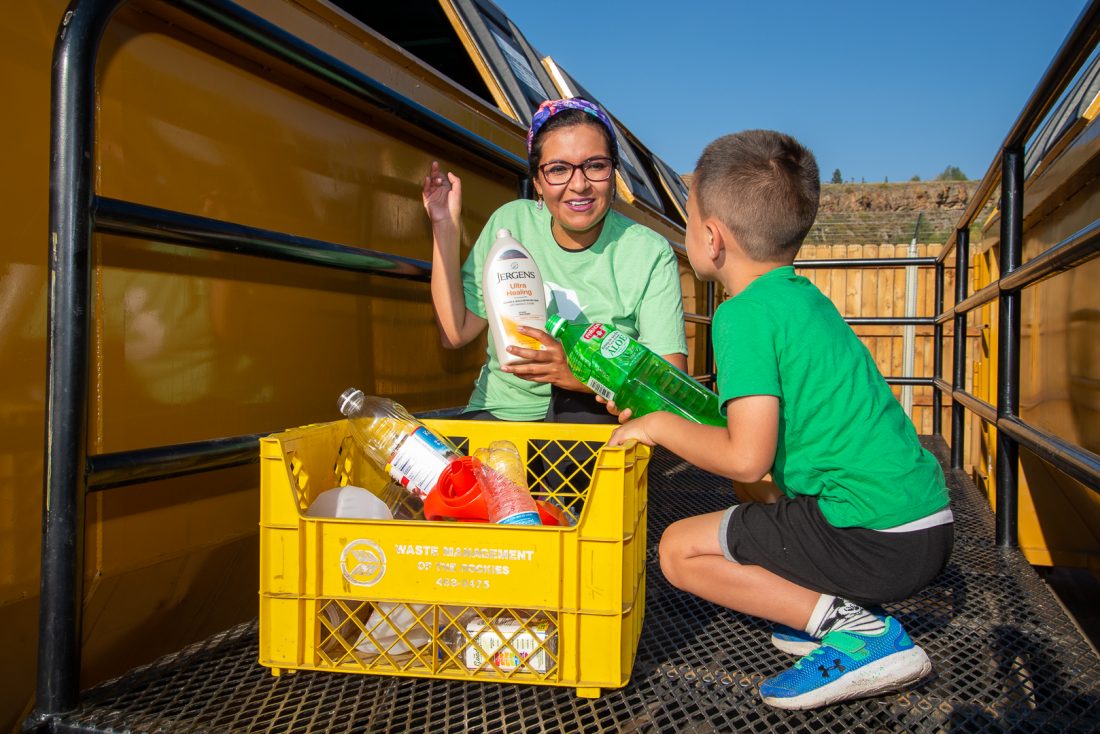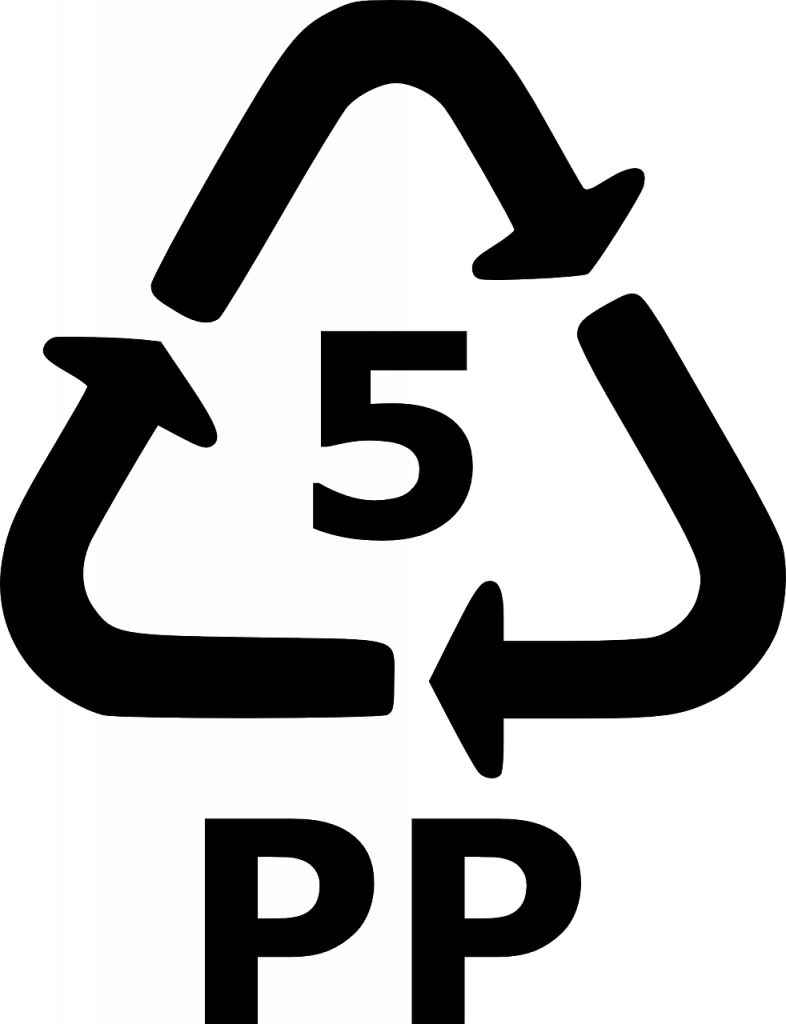
Dear Eartha, I thought I was a great recycler, but I found out recently that I might be putting items in my recycling bin that don’t belong there. Why is recycling in Summit County so confusing?
Recycling shouldn’t be so confusing. But it is, thanks to years of the plastic industry tricking us into thinking everything is recyclable. So let’s start with the basics — what makes an item recyclable. For an item to be truly recyclable, it must be able to be made into something new. But, just because an item can be made into something new, doesn’t necessarily mean that it will be. Recycling is a business — and it might not always make business (or environmental) sense to ship all your recyclables from Summit County to wherever those items are made into new materials, which could be the other side of the world.
Consider fleece: Facilities that make high-quality fleece from recycled plastic need enough of the right plastic bottles — clean, not mixed with a bunch of other plastics — to support making millions of fleece sweaters. The good news is that more and more plastic recycling facilities, called end markets, are opening shops in the U.S. And now, they’re incentivized to choose Colorado as their home base. Let’s dig a little deeper and get back to your original question.
2 ways to recycle, 2 different guidelines
There are two ways to recycle in Summit County: single-stream recycling and the free recycling drop-off centers. Here’s how each system works.
The recycling centers are free to Summit County residents who separate their recyclable items themselves. This is called “source-separated” recycling. Because residents are self-separating before depositing, those items do not need to be sorted at a facility and instead can be compacted into bales at the Summit County Resource Allocation Park (the local landfill and recycling facility) and sold directly to end markets buying the pre-sorted materials.
Single-stream recycling involves a recycling bin or shared recycling dumpster that is picked up by a waste hauler. These mixed materials also go to the allocation park, where they are compacted into bales together and sent to a larger sorting facility in Denver. Materials are sorted and sold to the end markets to make new items from your old plastic bottles, newspapers, and more.
Often, mountain and rural communities don’t have the infrastructure to sort and separate single-stream recycling, which is why those materials go elsewhere to be processed. Larger, more sophisticated facilities can sort and store, and therefore, accept a wider variety of materials (think Boulder County). However, no matter how sophisticated the facility, it doesn’t change the fact that glass breaks when it’s smashed up in a truck with other recyclables. By separating glass from single-stream, as we do in Summit County, we preserve the quality of glass and all our other recyclables. The good news is that when you follow the rules, it all gets recycled.
Mixed messages
Ever had a date that left you confused and questioning whether they like you or not? Well, that’s how I feel about some recycling messages. Most of us grew up with the same understanding: if an item has the recycling symbol on it, it can be recycled. I hate to burst your bubble, but that isn’t always true. The recycling symbols and numbers on many plastic items — called resin codes — were created as a green marketing tool by big oil companies to make consumers feel more at ease with their plastic consumption since virgin plastic is made from oil. But don’t turn to those numbers to answer your burning recycling questions — they only identify what the material is made from, not if it’s recyclable.


Unfortunately, there’s no national regulation or consistency when it comes to recycling. Just because your 5-gallon bucket is recyclable somewhere in the world, doesn’t mean it’s recyclable in Summit County. Keep in mind that plastics, unlike infinitely-recyclable aluminum cans or glass, degrade each time they’re recycled and eventually become trash.
Resources
Still confused? Get familiar with Summit County recycling guidelines and the recycling search tool. Work with the High Country Conservation Center to improve recycling at your home or homeowners association. Bring your toughest questions to Stump the Recycling Experts, a weekly event that helps residents understand what’s recyclable. And remember, when in doubt, find out or throw it out.
